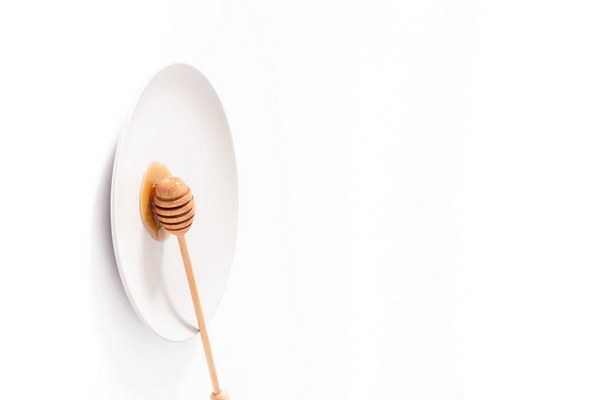Unveiling the Secrets of Xu Wening's Traditional Chinese Herbs for Dampness Removal
In the realm of traditional Chinese medicine, dampness is considered a common and pervasive health issue. It refers to the accumulation of dampness in the body, which can lead to various health problems, including fatigue, weight gain, and even chronic diseases. Xu Wening, a renowned Chinese herbalist, has developed a unique formula to combat dampness effectively. This article will delve into the secrets of Xu Wening's traditional Chinese herbs for dampness removal and their benefits.
I. Understanding Dampness in Traditional Chinese Medicine
In TCM, dampness is believed to arise from an imbalance in the body's Yin and Yang. When the body's Yin energy becomes excessive, it can lead to dampness. This dampness can manifest in various ways, such as:
1. Excessive sweating
2. Heavy, achy limbs
3. Poor digestion
4. Water retention

5. Weight gain
To counteract dampness, TCM practitioners often recommend herbal remedies that can expel dampness from the body. Xu Wening's formula is one of the most effective and well-regarded among these remedies.
II. Xu Wening's Traditional Chinese Herbs for Dampness Removal
Xu Wening's dampness-removing formula consists of several key herbs that have been carefully selected for their efficacy in expelling dampness. The following are some of the primary herbs used in this formula:
1. Atractylodes Macrocephala (Cang Zhu): This herb is well-known for its ability to expel dampness and boost the spleen and lung functions. It is often used in the treatment of edema, fatigue, and poor digestion.
2. Poria (Fu Ling): Poria is a potent herb that helps to absorb excess moisture and promote urination. It is commonly used to treat water retention, dampness in the limbs, and other damp-related symptoms.
3. Alisma Orientalis (Ze Xie): Alisma is another herb that is excellent for expelling dampness. It can help to improve digestion, reduce bloating, and alleviate the symptoms of dampness in the body.
4. Bupleurum Chinense (Chai Hu): This herb is used to regulate the liver and gallbladder, which can help to alleviate dampness-related conditions such as bloating and discomfort.
5. Phellodendron Amurense (Huang Bai): Phellodendron is a powerful herb that can expel dampness and improve the body's overall energy levels. It is also used to treat dampness-related skin conditions, such as eczema.
III. Benefits of Xu Wening's Dampness-Removing Formula
The benefits of Xu Wening's dampness-removing formula are numerous. Some of the key benefits include:
1. Improved digestion: By expelling dampness, the formula can help to improve digestion and alleviate symptoms such as bloating and discomfort.
2. Enhanced energy levels: The formula can boost the body's energy levels, helping individuals to overcome fatigue and feel more energetic.
3. Weight loss: By reducing water retention and improving metabolism, the formula can aid in weight loss for those who are struggling with dampness-related weight gain.
4. Better overall health: By addressing the root cause of dampness, the formula can help to improve overall health and well-being.
IV. Conclusion
Xu Wening's traditional Chinese herbs for dampness removal offer a natural and effective way to combat dampness-related health issues. By using these herbs, individuals can experience improved digestion, enhanced energy levels, and better overall health. If you are struggling with dampness, consider consulting a TCM practitioner who can recommend the appropriate dosage and duration of treatment for you.









